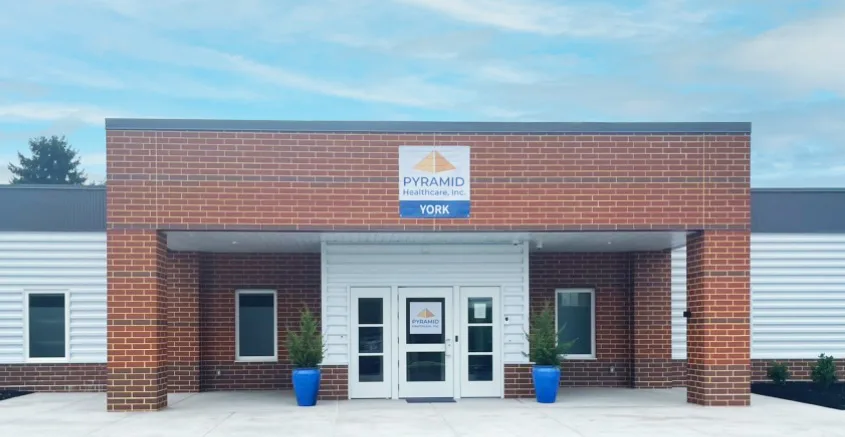How Peer Support Helps People in Recovery

According to the National Institute for Health:
- More than 106,000 persons in the U.S. died from a drug-involved overdose in 2021
- 80,411 people died from opioid overdose in 2021 · Three million Americans currently have opioid use disorder
- Overdose deaths involving stimulants rose from 12,122 in 2015 to 53,495 in 2021 · In 2021, 29.5 million people ages 12 and older had alcohol use disorder · 1-in-5 Americans currently live with a mental health disorder
- 7.7 million Americans currently live with co-occurring mental health and substance use disorders
The relapse rate for people who complete a treatment program for substance use disorder is anywhere between 40-60 percent. The most effective programs combine medication, behavioral therapy and support groups, such as 12-step programs. Multiple studies have found that peer recovery services, a mentorship program led by someone in long-term recovery, serve a vital role in helping people in substance use treatment achieve prolonged sobriety.
Peer Support
Peer support is an evidence-based program that works in conjunction with clinical interventions to provide social connection, engagement and support during substance use treatment and recovery. Peer support can be offered in a group or one-on-one setting and is led by a certified specialist who has reached long-term sobriety and can provide guidance and experiential knowledge outside of the clinical environment.
Recovery support services can help with tasks such as:
- Setting recovery goals
- Overcoming obstacles in recovery
- Developing recovery plans and how to take action
- Finding sober housing
- How to improve job skills or continue education
- Finding sober environments to make new friends
- Accessing community resources
General peer support groups focus on camaraderie with others who are also in treatment to alleviate isolation and loneliness, providing a safe place to exchange, share and connect with others. Other groups may be education-based and focus on a specific skill set, topic or activity, such as money management, resume building, parenting and many more. Even when groups are offered, the peer recovery specialist is available for one-on-one meetings to provide individualized support.
Certified Recovery Specialists
A certified recovery specialist is required to complete coursework, training and pass a final examination through a state-approved vendor, and recertification requires continuing education. Peer recovery specialists work as part of a cohesive team with therapists and case managers, though they are not trained to provide therapeutic services, and they do not function as sponsors do in a 12-step program. Their role is to create and lead support groups that are practical and beneficial to others in treatment and recovery and to provide individual guidance based on the unique needs of their clients.
Their shared background with others in treatment, along with experience in reaching and sustaining recovery, gives peer specialists a unique ability to bond with and encourage others in treatment to engage in their own recovery. Peer recovery specialists model tools and behavior that are beneficial to treatment, and they serve as an inspiration to others at every phase of recovery.
The Benefits of Peer Support
Peer Support:
- Complements traditional recovery methodologies by providing specific social support
- Normalizes symptoms and experiences unique to those in treatment and recovery
- Creates a strong support system for anyone who may not have one
- Facilitates recovery by providing camaraderie
- Provides mentorship and positive role modeling through the peer support specialist
- Provides a collective understanding and validation of the hardships people face during recovery
- Increases likelihood of initial treatment and adherence
- Provides continued support in recovery after treatment ends
- Instills hope
Peer support creates a sense of mutuality through shared experience, lessens feelings of helplessness and empowers people in treatment by providing a peer-based social support system that is often difficult to achieve through counseling alone.
Pyramid Healthcare in Dayton
Pyramid Healthcare in Ohio treats mental health disorders, substance use disorders and co-occurring disorders in adults in an outpatient setting. Providing peer support services is part of Pyramid Healthcare’s 360° approach to substance use treatment, where we treat the whole person at every stage of recovery to create better outcomes for each client we serve. To connect with an admissions specialist, call 937-637-1860 or click here.






